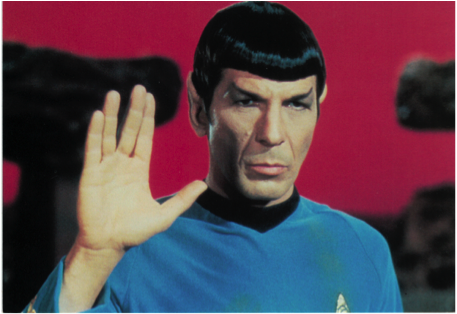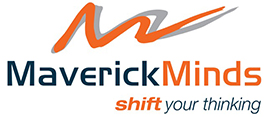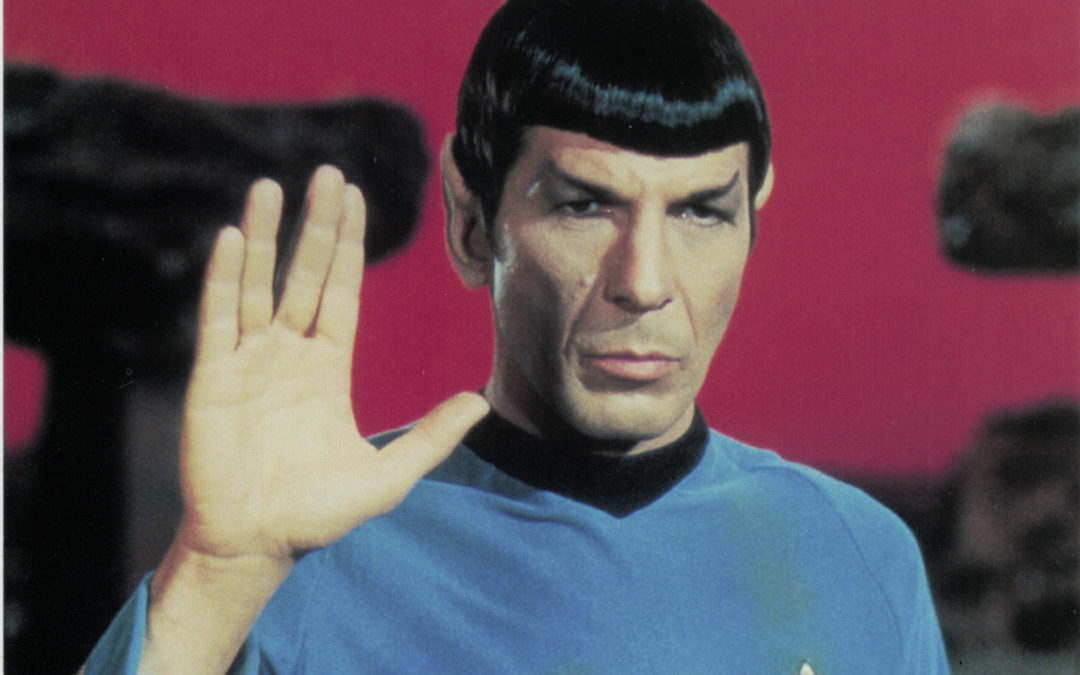On the one hand this is worth celebrating (hooray! I will be liberated from the oppression of work and free to pursue more creative and altruistic endeavours and have more time in my art studio). At the same time I notice the increased existential concern that emerges (what will I do, will I still be needed because actually I really like my work, can a robot do my work? And by the way how will I support myself?). From what I currently hear I don’t seem to be alone in having mixed feelings about our future state and what this technological transformation will really mean.

I’m convinced this idea will continue to gain traction over the coming years and it needs to as industries are disrupted, transition or cease to exist and new ones enter the market. Regardless, jobs will be lost and yes – new ones will be created.
One country that has led they way in a guaranteed basic income model is Alaska. The Alaska Permanent Fund and Dividend is the closest policy to a basic income in the world today. The fund is generated through the collection of revenue/royalties from resources such as oil and minerals and is invested in a range of assets. It has paid dividends to all Alaska residents since 1982. Key to the program’s support is that it is paid to everyone and fairness and equality is seen as a major aspect to the fund. Most Alaskans prefer the money goes to full time residents. While the dividend may not be so noticed by the wealthy it makes a significant difference to many who see it as an important source of income in their community.
Just think of the resources boom Australia has witnessed over the decades and the steady growth Australia has seen over the past 25 years. Imagine if Australia had initiated some sort of permanent fund which provided a guaranteed income for all Australians. The distribution of wealth will become an increasing issue in terms of rethinking work.
Another intriguing book is Daniel Franklin’s, Megatech: Technology in 2050. Franklinexplores the practical, ethical and philosophical questions raised by technological advances and dives into areas including military, health, cyber security and cyber warfare, manufacturing and creative industries to explore how our world will be shaped and transformed. There is no doubt that every industry will be effected in some way or another and as a result our personal and professional lives will experience the consequences of technological advancement.
Added to this literary feast was an invitation to a lunch, hosted by Working Mouse; a team of developers, designers, testers, and growth hackers located in Brisbane, Australia. Working Mouse is a software development startup specialising in cloud-based solutions for web and mobile. Their secret recipe is their Codebots platform (Platform-as-a-Service) for building and deploying awesome software.
Plus I had the privilege of spending a Friday afternoon with them and shared one of my secret recipes – CreativeShip – the world of creativity & leadership. Our lunch gathering provided the opportunity to meet new people, dine on great food and engage in an Industry 4.0 discussion. Of course there’s no such thing as a free lunch and we were asked to give a snap shot of our sectors and share our perception on how the technological revolution will influence and impact on our work. The discussion revolved around how technology will change and provide benefit in terms of finances, recruitment, analysing big data, and trends in social media. Jane Webster from Matrix Social has developed a platform called Code9 Parent to help parents ‘learn what your kids already know’.
We discussed education for the real world and the skills needed for the future, as well as Entegy’s software platforms for event communication and engagement. We also had a laugh when one of the group reminded us of a conversation she had with a manager who said this internet thing “won’t take off.” While we laugh now I am sure there may be similar thinking happening now.
I was asked whether I am excited or concerned? Call me a fence sitter, I find myself in the ‘it depends’ camp. I can and want to envisage the positives that will happen as a result of improved and radical technology – nanotechnology, quantum physics and genomics sound amazing. I am also convinced that in the process there will be winners and losers. I wonder in this technological revolution how will wealth be distributed?
My hope is that what and how we develop technology it will actually enable and help create a better life for everyone. How will we use and create technology where everyone can flourish and not just a few, that’s the question. I am excited by the idea of technology for social innovation. That Blockchain can be used for humanitarian purposes and improve people’s lives and that drones will be used for doing good not only for war.
In terms of how technology may impact my work I know that the learning space is becoming an increasingly online experience. That has benefits for sure and I am in the process of developing my first online course which I am excited about. However as I mentioned at the Working Mouse lunch I really enjoy being face to face with people.
It is this third space, where people come together, in person, that creativity, humanity and possibility resides. For example the coaching relationship is dynamic, a co-creative experience between people. I wonder how it would be to be coached by a robot? Would that be a satisfying and creative experience? How do I feel about that? One thing for certain the idea of life-long learning is not going away.
What interests me in this big conversation is how humans will navigate this brave new world. My interest and concern is that we need people to have the moral imagination and creative capacity to traverse the changes ahead.
To ask questions such as:
- How will we be in the future?
- How will we treat each other?
- How will our identities change as the work we do changes?
- What will our lives look like if we don’t work?
- How will we support ourselves if we don’t have jobs?
- How would we like our society to be?
- What sort of values underpins all of this?
- And, just because we can do something we also need to ask “is it the right thing to do?”
The technological shift that will happen invites us to ask questions about what it means to be human. What of our creativity? What of human expression? What of our relationship to the arts, each other and the natural world? If we are to find ourselves free from work, and given 1/3 of people in Britain believe their job is of no use, has little value or even worse does more harm than good, then this is indeed a much needed conversation.
Maybe this technological revolution will allow us to explore a better future – a more thoughtful way of being; maybe it can provide us with a new economic, social and political landscape that is more fair and equitable. Freed from the shackles of work and the scourge of busyness, with robots in service, we are able to turn our attention and ingenuity toward problems that desperately require invention and look for ways to create a better world for all.
As we go boldly into the future rather than ask ourselves will the robots take our jobs? We need to ask more profound questions:
- What ought we to do with our precious time? and
- What will you do with your precious life?
Remember what you do today will impact on what happens tomorrow.
 Each of us sees things and makes connections in different ways. We all have a unique contribution to make. What we will need is courage, compassion, a sense of purpose, a vision for what is possible and creative intelligence. Let’s not squander this next wave of opportunity – our future wellbeing depends on it.
Each of us sees things and makes connections in different ways. We all have a unique contribution to make. What we will need is courage, compassion, a sense of purpose, a vision for what is possible and creative intelligence. Let’s not squander this next wave of opportunity – our future wellbeing depends on it.
I am interested to know how you think technology will impact on your work. Are you optimistic and see great things ahead or are you concerned about what may happen?
How are you preparing yourself, your business, the people in your business for the future? I’d love to hear from you and discuss what is happening in your world and how I can be of service. You can phone on 0406 007 753 or email me here.
Until next time,
‘Beam me up….’
Yours creatively
Cathryn
Founder/Director
Maverick Minds
www.maverickminds.com.au
You may be interested to read more on the ideas above. Here are some useful articles:
https://www.weforum.org/agenda/2016/01/the-fourth-industrial-revolution-what-it-means-and-how-to-respond
https://theconversation.com/what-the-industrial-revolution-really-tells-us-about-the-future-of-automation-and-work-82051
https://www.usatoday.com/story/tech/news/2017/07/05/mark-zuckerberg-praises-universal-basic-income-on-alaska-trip/103447704/
https://en.wikipedia.org/wiki/Alaska_Permanent_Fund
https://www.theguardian.com/commentisfree/2017/sep/15/the-guardian-view-on-universal-basic-income-tax-data-giants-to-pay-for-it
Working Mouse https://workingmouse.com.au
Code9 Parent http://www.code9parent.com.au/
Entegy https://entegy.com.au

